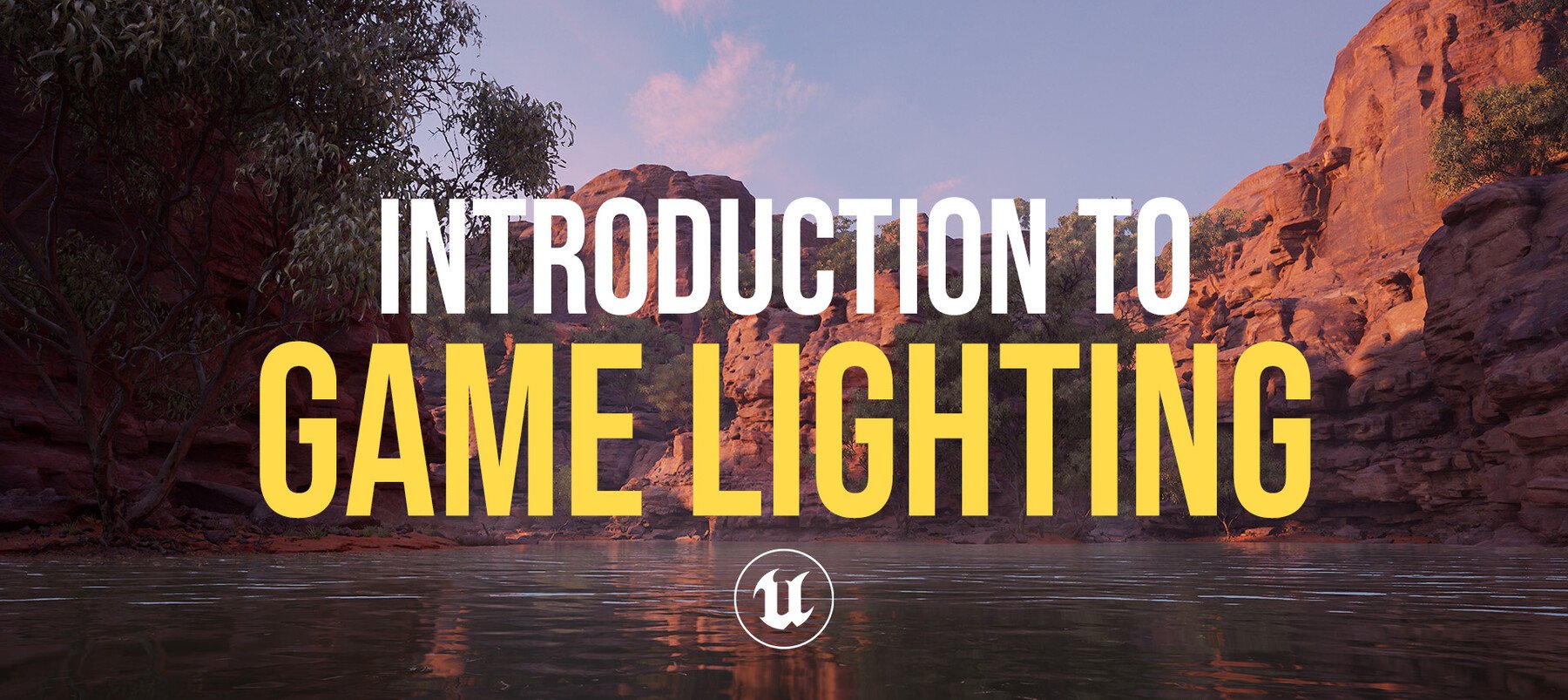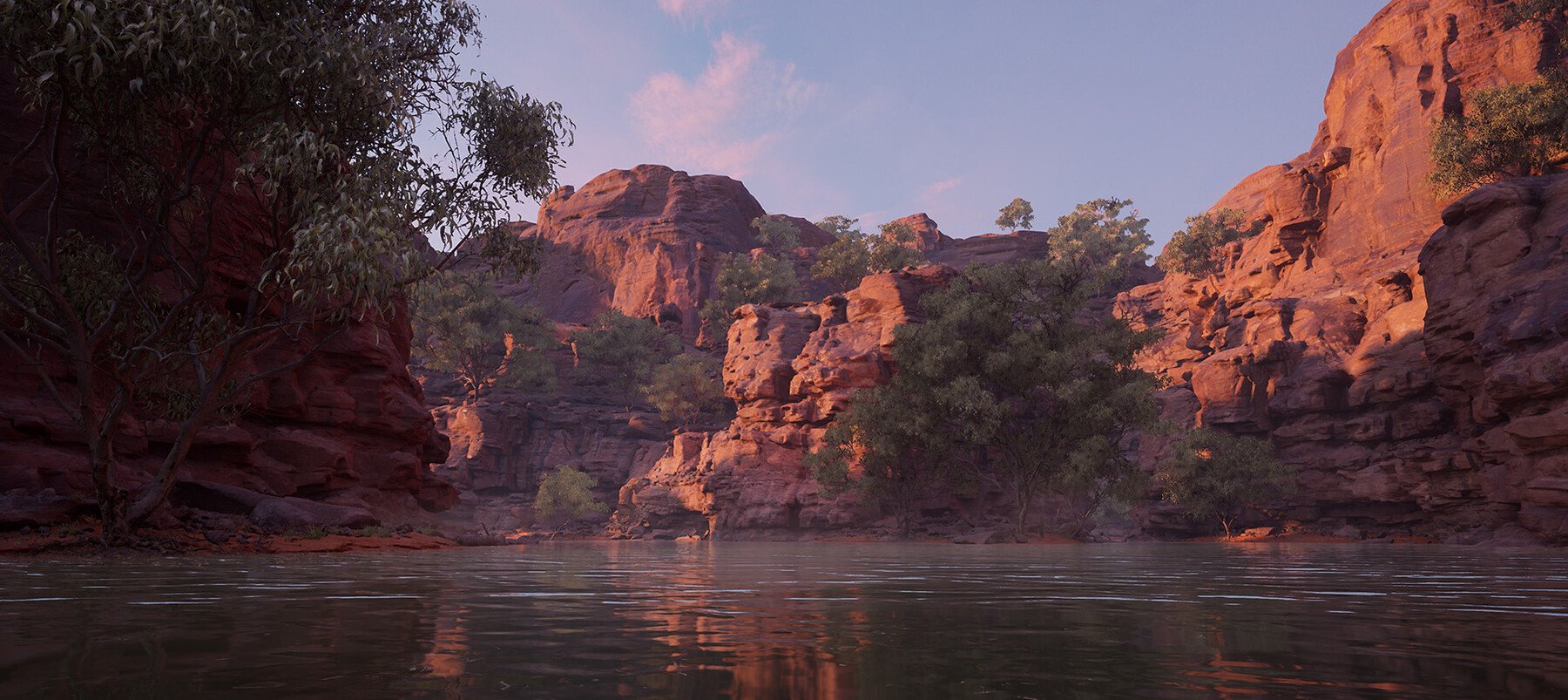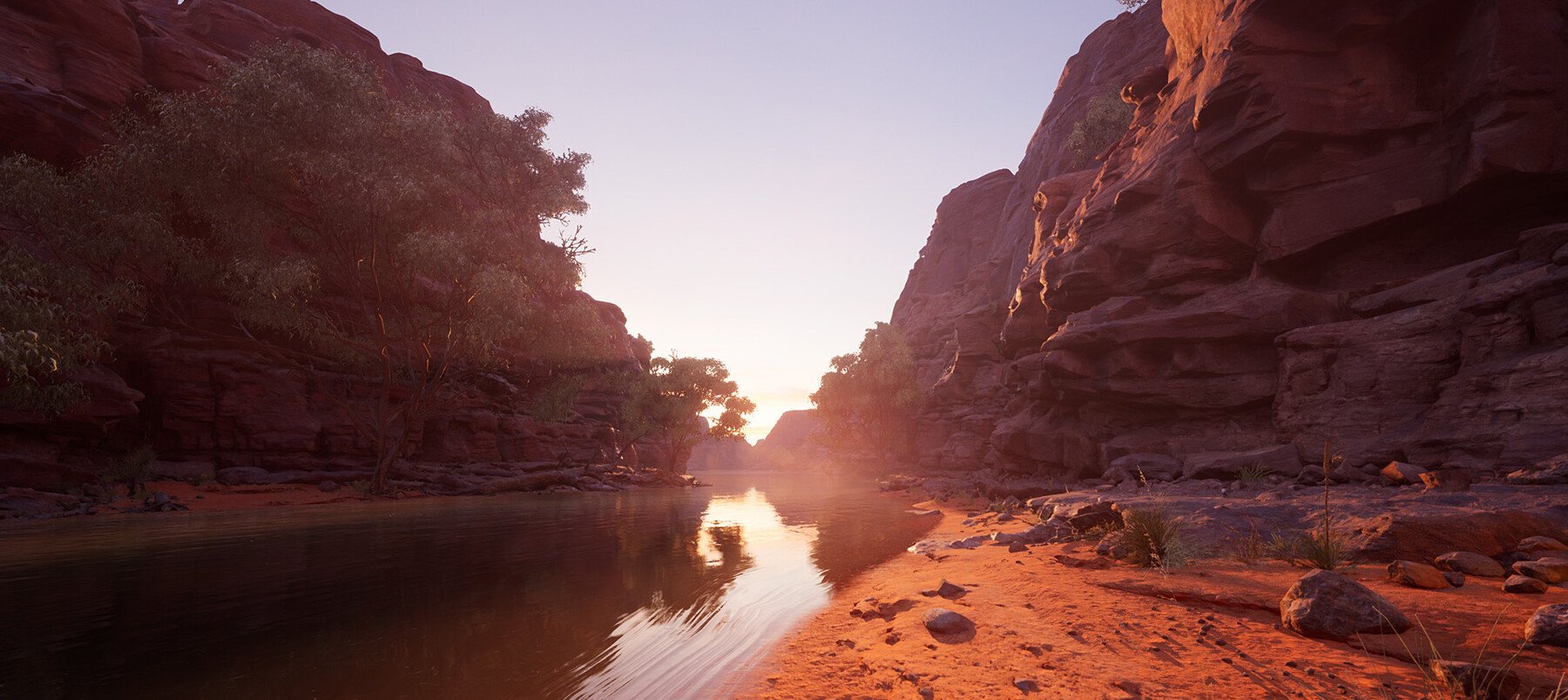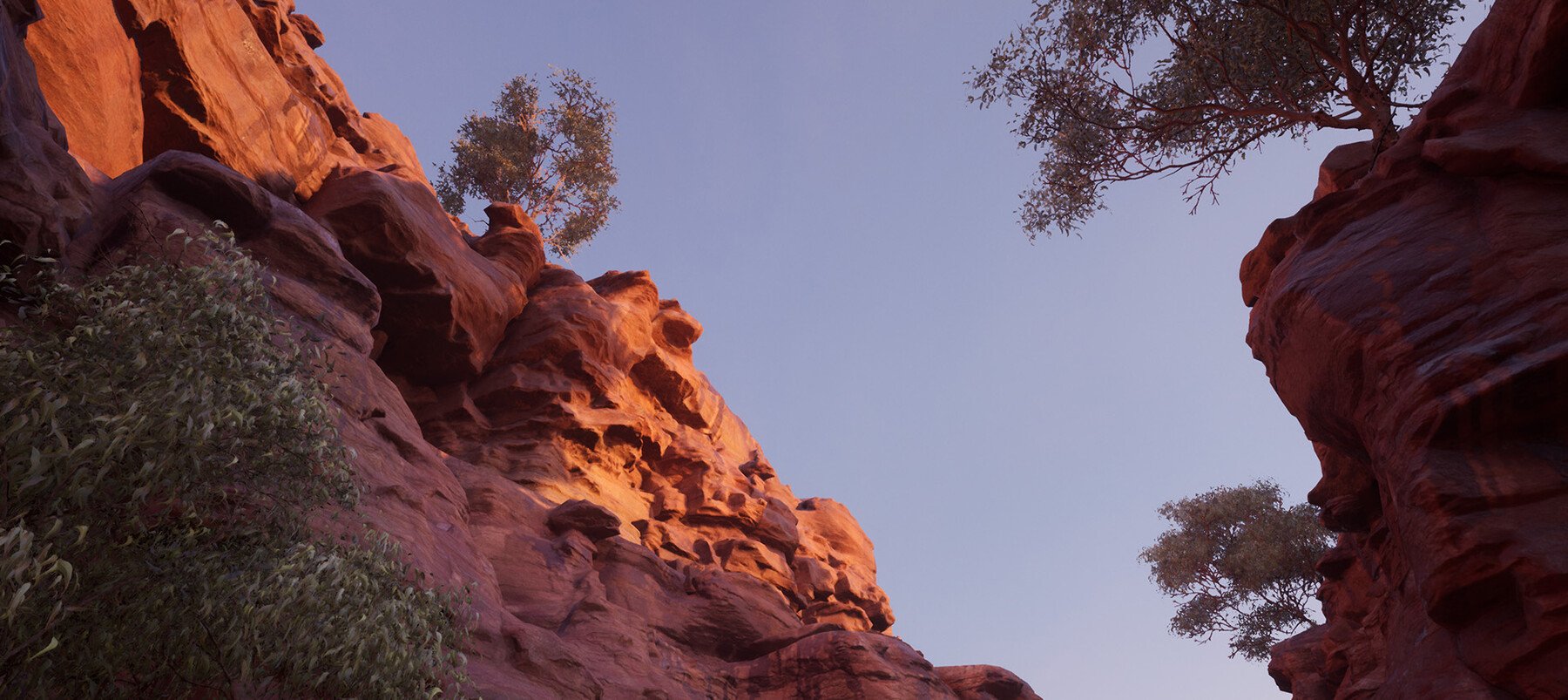Introduction to Game Lighting - Exterior lighting in Unreal 4




This 90-minute tutorial is an Introduction to Game lighting was made for game artists who want to learn the basics of Unreal Engine 4 lighting.
In this tutorial, I go through how I approached relighting the amazing Andrew Svanberg Hamilton's Rural Australia project, sharing useful tips and blueprint to set up an HDRI sky and sunlight, tweaking exposure, physically-based intensities and tonemapping.
HDRI sky lighting is the most common technique used in linear games (without dynamic time of day) for performance and memory reasons.
While technical details and parameters will be specific to the version 4 of the engine, the approach to lighting is still relevant if using Unreal 5, as we will be using dynamic lighting solutions similar to Lumen's workflow.
Who am I?
I have been working in the game industry for about 13 years, on famous franchises such as Killzone, Battlefield, Star Wars Battlefront and Mirror's Edge. I am currently Senior Lighting artist at Blizzard, working on Overwatch 2.
Files:
6 video files, 1 zip file with the Unreal Project to follow along and do your own relighting using the HDRI sky of your choice.
Video Chapters:
C00 - Intro
C01 - Preparing the project
Analyzing the environment and defining the art direction. Setting up the Unreal Project to use dynamic lighting techniques.
C02 - Using an HDRI sky
Using an HDRI sky and the Sky light to set up the ambient lighting of the scene. Tweaking Distance Field Ambient occlusion and Exponential fog to give depth to the environment.
C03 - Setting up the Sun light
Adding a sunlight with animated cloud shadows. Tweaking Volumetric fog and light shafts from the sun. Adding Planar reflection to our water surface.
C04 - Defining Light intensities
Introduction to Physically Based Lighting and its caveats. Setting up Sun and Sky brightness using a workflow that improves lighting ratio between sources, while still using physical lighting intensities for local lights.
C05 - Tweaking Post Effects and finalizing
Adjusting Tonemapping for better dynamic range, color grading to match our references. Fine tweaking all settings and adding fog planes to finalize the scene.